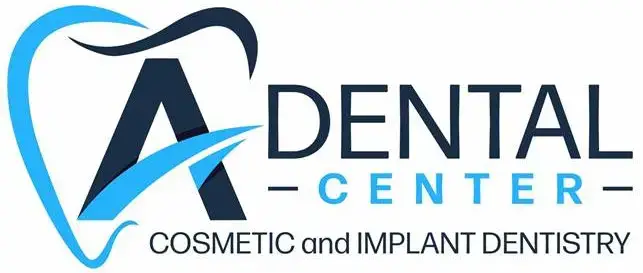Regular dental cleanings are necessary for optimum oral hygiene, but did you know there are several cleaning levels?
The standard routine cleaning by a dental hygienist isn’t always enough. If bacteria get beyond your gum line, you’ll require deep dental cleaning to get your gums back in shape.
What distinguishes deep dental cleaning from routine cleaning? Keep reading to find out.
What are Dental Deep Cleanings?
This is also known as periodontal scaling or a root scaling and root planing.
Dental deep cleanings are specialized methods to remove tartar, plaque, and bacteria below the gum line down to tooth roots. This prevents gum disease from advancing and causing tooth loss.
Regular dental cleanings differ from deep cleanings. This type of treatment goes below the gum line.
Deep cleaning is done to clean pockets and hard-to-reach areas like the bases of your teeth. Around the crowns and roots of teeth, a material known as tartar can amass. This tartar can result in dangerous bacterial infections if it is not removed.
So, Does Everyone Need Deep Cleanings?
No, not every patient requires dental deep cleanings.
However, deep cleanings are necessary for patients with gingivitis, the early stage of gum disease, or a more severe condition to stop additional harm and prevent tooth loss.
If your gums have receded 5 millimeters or more from your teeth and roots, your dentist may advise a deep tooth cleaning.
When tartar has accumulated in the pockets between a patient’s teeth and gums and, in certain situations, down to the teeth roots, dentists advise deep teeth cleaning for patients with gum disease. Gum disease can result in tooth loss or life-threatening infections if it is not treated.
It can be challenging to determine when you require a deep cleaning because gum disease doesn’t usually hurt or exhibit obvious signs.
However, the following are some red flags to watch out for:
- Consistently bad-smelling breath or taste
- Loose permanent teeth
- Bleeding gums
- Swollen, red, or tender gums
- Pus in the gums
What are the Benefits of Dental Deep Cleanings
Are dental deep cleanings really necessary? If you’re bothered about the state of your teeth and gums, yes!
- Prevention of gum disease: A deep dental cleaning will thwart gum diseases caused by the spread of bacteria. Plaque, tartar, and calculus must all be removed to prevent infections.
- Aids in treating current infection: Dental deep cleanings procedure aids in treating recent infections. You can quickly resume your oral hygiene routine to help your gum disease treatment do its job.
- Improved general well-being: Deep dental cleanings can be your ally in avoiding medical illnesses like cardiovascular disease. This has been connected to oral issues because multiple studies have revealed a correlation between oral and general health. Regular dental exams can also aid in the early detection of potentially fatal conditions.
- Tooth preservation: Plaque accumulation is one of the most typical causes of gum disease, and gum disease is a significant factor in tooth loss. Deep cleanings help stop tooth loss since they eliminate plaque from the gums and teeth.
- White smile for both your look and self-confidence: A white smile is essential, yet maintaining dazzling teeth can be challenging for a variety of reasons. Dental deep cleanings will eliminate stains in addition to tartar and plaque, leaving your smile looking healthier and more radiant
Dental Deep Cleanings: Final Thoughts
In conclusion, preventative maintenance is the major objective of regular cleanings, while deep cleanings’ main objective is to halt gum disease advancement.
Dental deep cleanings can be uncomfortable, but it shouldn’t be hurtful. A dentist gives local anesthetic, either as an injection or gel, so you shouldn’t experience any pain during the procedure.
Your dentist is your friend. Visit your dentist for regular cleanings or deep cleanings. If you miss those, you may be at risk for other dental risks, including periodontal disease. Do not delay scheduling a dental appointment.






